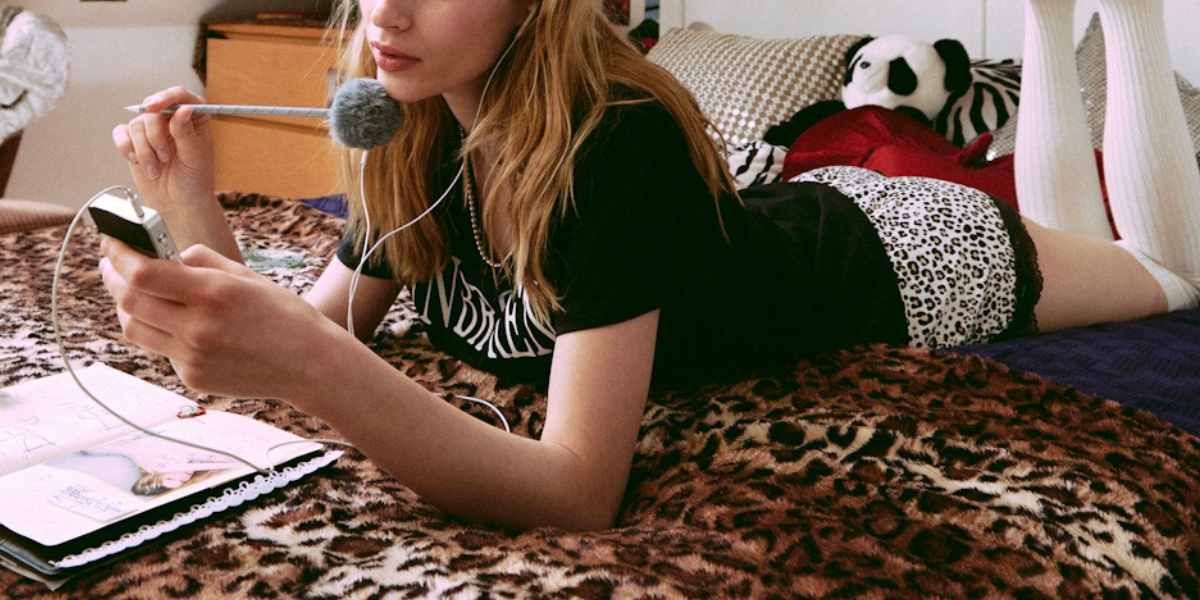The “late-in life lesbian” narrative bucks a lot of assumptions people make about the coming out experience. The traditional lesbian narrative goes something like this: in girlhood, the protagonist encounters a series of “signs” that suggest homosexuality is afoot. The protagonist feels nothing for boys, and so many things for girls, usually culminating in a crush on a straight best friend during adolescence. Often, intolerant parents and friends will encourage the protagonist to be straight, thus repressing the protagonist’s desire. Usually by the time the protagonist graduates high school, the question isn’t if they wanted to live the life of a lez, but when they’d have the chance to start living the life of a lez. Even the coming out stories I knew in popular culture — Ellen DeGeneres, Rosie O’Donnell, Melissa Etheridge — tended to be people who always knew, and often lived gay lives, but were careful about when they revealed that information to the public. My own journey just wasn’t that clear-cut, and I’m certainly not alone in that.
This list is about women who didn’t fall for another woman or realize they were queer until a little later in life — not women who were consciously in the closet for most of their lives. It’s complicated to determine, with celebrities, who falls into this category, because they have an extra step that the rest of us don’t — there’s family, friends, work… and then the ENTIRE F*CKING WORLD. The list of celebrities who came out to the world as adults because they weren’t ready when they were younger is a very long one, including Robin Roberts, Jodie Foster, Joanna Johnson and Krissy McNichol.
This list is women who were over 35 by the time they not only came out to the ENTIRE F*CKING WORLD, but also by the time they came out to themselves or their family or even knew they were queer or liked women at all.
This post about famous women who came out to themselves and us over the age of 30 was originally published in 2014 and has been updated in 2021.
1. Jenna Lyons, Executive Creative Director of J. Crew
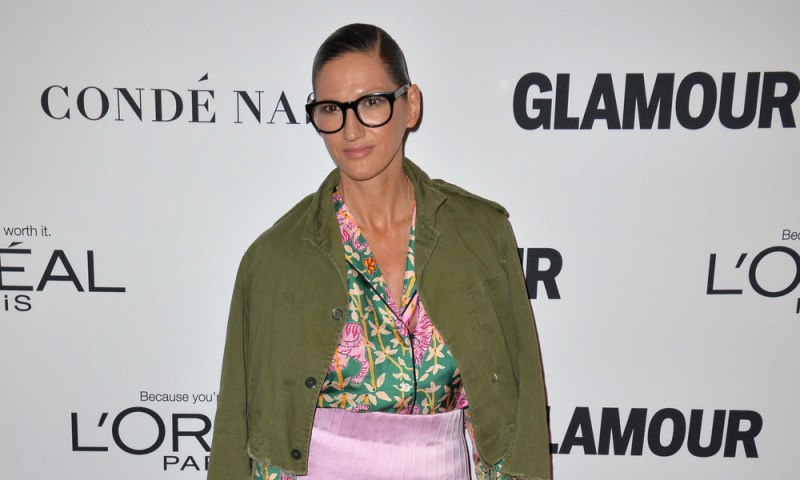
I was finding myself really attracted to this person, and yes, we had kissed, and maybe some other things had happened, but I wasn’t like, “Okay, I’m gay!” I was just as surprised as the world was. I still don’t know: Am I gay, am I bi? I don’t know if it really matters.
Former J.Crew President and Creative Director and current fashion icon / entrepreneur Jenna Lyons was married to Vincent Mazeau for nine years, and after their divorce, Lyons fell in love with Courtney Crangi, the sister and business partner of jewler Philip Crangi, and the relationship became public knowledge in 2011. In 2013, when Lyons was 44, she publicly acknowledged her relationship with Crangi in her Glamour Magazine Woman of the Year acceptance speech. They split in 2017.
2. Meredith Baxter, Actress
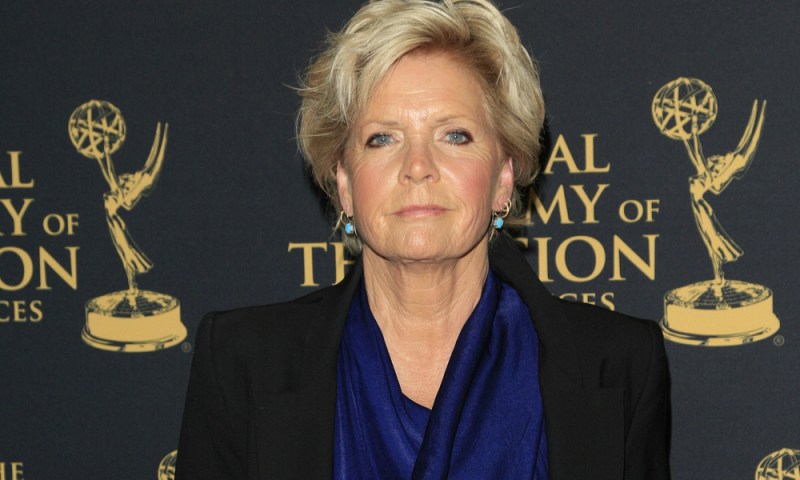
“I am a lesbian, and it was a later-in-life recognition. I got involved with someone I never expected to get involved with, and it was that kind of awakening. I never fought it because it was like, oh, I understand why I had the issues I had early in life. I had a great deal of difficulty connecting with men in relationships.”
Famous Family Ties actress Meredith Baxter came out to herself in 2002 (and to us in 2009, thus “joining a group of later-in-life lesbians“), after three marriages and a brief lesbian affair in 1996 that she didn’t take seriously at the time. She was married to Robert Lewis Bush, with whom she had two children, from 1966-1971, and then married David Birney in 1974, and had three children with him, including twins. They divorced in 1989. Her third marriage, to actor Michael Blodgett, spanned from 1995-2000. She began dating her now-partner, Nancy Locke, in 2005, and rumors began swirling about her sexuality after she appeared on a Sweet Cruise in November 2009. She told The Today Show that it was a same-sex relationship in 2002 that changed her everything: “It was that kind of awakening. I never fought it because it was like, oh, I understand why I had the issues I had early in life. I had a great deal of difficulty connecting with men in relationships.” She married Nancy Locke in 2013, and they’re still together.
3. Carlease Burke, Actress
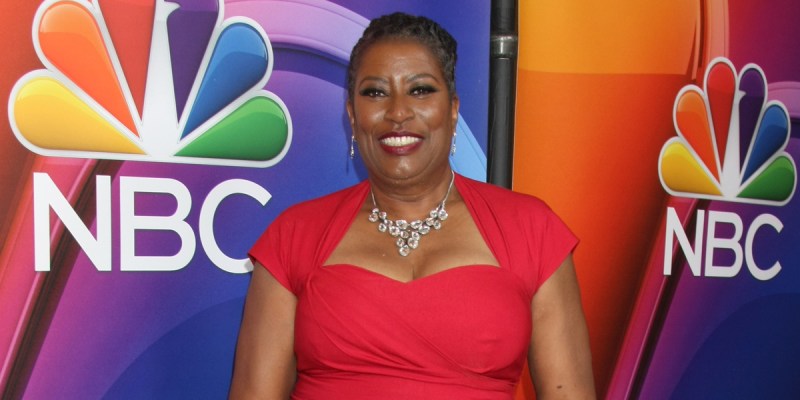
“I knew what a lesbian was, but there were no role models. I was raised in the black Baptist church, and there were gay guys who were choir directors, but they weren’t talked about. Deep down inside, I’d think that’s who I am, but I didn’t have the nerve to pursue that. All along I had lesbian and gay friends, but I couldn’t see myself going down that route due to fear. I started meeting more women while working as a comic, met a young lady in 1994 who caught my eye. It didn’t end up being a good relationship, but I grew up a lot … I started being more free and flirty in comedy clubs. From that moment on, it gave me a lot to talk about.”
Carleease Burke has been out for over two decades, but as a young person, she didn’t see herself pursuing a lesbian life. She got her first role, in a TV movie, in 1989, and has been working as an actress ever since. In 1994, she met a special lady, and thus at the age of 40, in her first relationship, she came out to her mother. She told AfterEllen in 2007 that she felt “25 in dyke years, because I came out so late.” Burke recently played Ms. Rose on Switched at Birth, you may also recognize her from In Her Shoes, Get Shorty, Shameless and pretty much every TV show, ever. Seriously, she has been in every single TV show ever.
4. Kelly McGillis, Actress
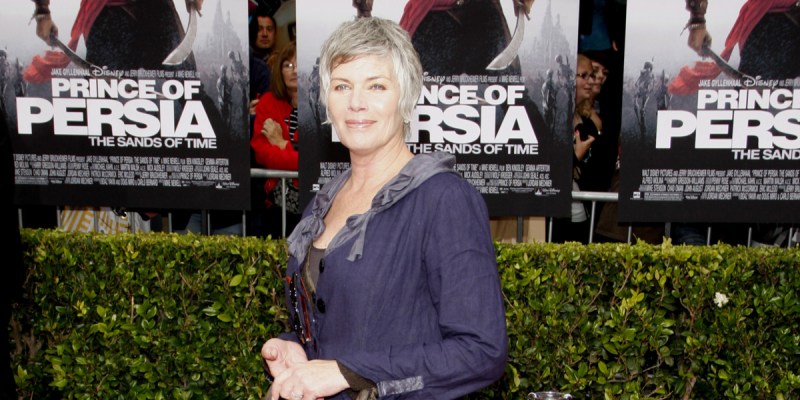
“Life is a freaking journey, and it’s about growing and changing, and coming to terms with who and what you are, and loving who and what you are.”
Julliard graduate Kelly McGillis was an enormously successful actress in the ’80s, memorably starring opposite Tom Cruise in Top Gun and playing leading roles in Witness and The Accused. She married a fellow Julliard student, Boyd Black, in 1979, but they divorced in 1981. She had two children with millionaire Fred Tillman, who she was married to from 1989-2002. They co-owned a bar in Key West where she met her eventual partner, Melanie Leis, in 2000. In 2009, she came out in an interview with SheWired, and her and Leis entered into a civil union in 2010 which was dissolved in 2011. McGillis now teaches acting in Asheville, North Carolina.
5. Cynthia Nixon, Actress
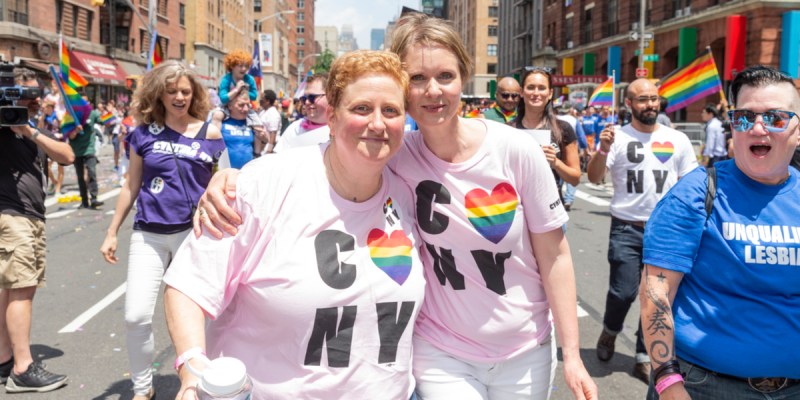
“I never felt like there was an unconscious part of me around that woke up or that came out of the closet; there wasn’t a struggle, there wasn’t an attempt to suppress. I met this woman, I fell in love with her, and I’m a public figure.”
Actress / activist / politician Cynthia Nixon and her long-time partner, Danny Mozes, with whom she’d had two children, split up in 2003, and then Nixon met Christine Marinoni, a public-school advocate. Nixon fell in love, and then, around the same time her landmark television series Sex and the City was wrapping up, rumors began flying. They married in 2012.
7. Carol Leifer, Comedian, Writer & Actress
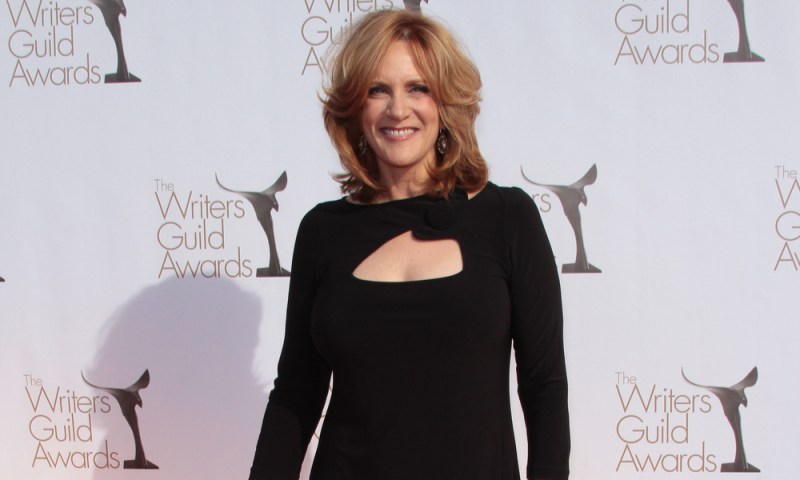
I’m finding, especially with women, a couple of different kinds of gays. I’ve met people who say, “I knew I was gay my whole life, and I lived this lie, and then I finally came out.” My kind of gay is like the late-breaking-lesbian kind of gay. I mean, I was attracted to boys. My first crush was on Davy Jones. My kind of gay, meeting a woman and falling in love, is a different experience because it wasn’t anything about “Oh, I’ve always been gay and I’m breaking the chains.” The whole experience spun me around. I really thought this was going to be a fun fling, and I had no idea that it would become this finding my soul mate, the love-of-my-life sort of deal. It does make you feel reticent about talking about it at the beginning because you’re not sure if it’s real, if it’s going to stick.
Leifer only dated men until she met her now-partner, Lori Wolf, at the age of 40. In fact, Leifer quite famously dated Jerry Seinfeld before the show and was not only an inspiration for the character of Elaine, but eventually joined the show’s writing team. Leifer has been doing stand-up for decades, writes for The Academy Awards, and was involved in shoes including The Ellen Show and The Larry Sanders Show. She’s also written two books, When You Lie About Your Age, The Terrorists Win, in which she discusses her relationships, and How to Succeed In Business Without Really Crying.
8. Wanda Sykes, Comedian & Actress
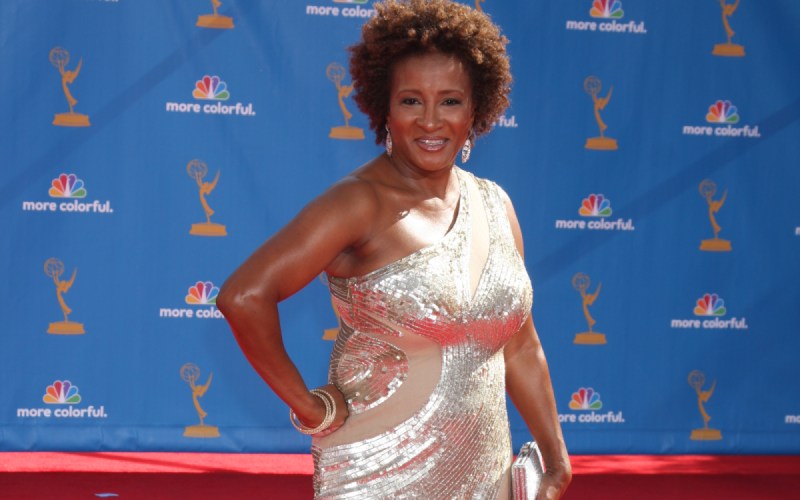
“I’m proud to be a woman. I’m proud to be a black woman, and I’m proud to be gay. We are so together now and we all want the same thing and we shouldn’t have to settle for less.”
Wanda Sykes says she can trace back sneaking suspicions that she might be a total homo to childhood, but she repressed those emotions and didn’t start confronting them after her 1998 divorce from record producer Dave Hall, who she’d been married to for seven years. She came out to her parents at age 40 and four years later, in 2008, came out to the world at a same-sex marriage rally. She married her partner Alex, who she met in 2006, in 2008, before Prop 8 passed. They have two children.
9. Maria Bello, Actress
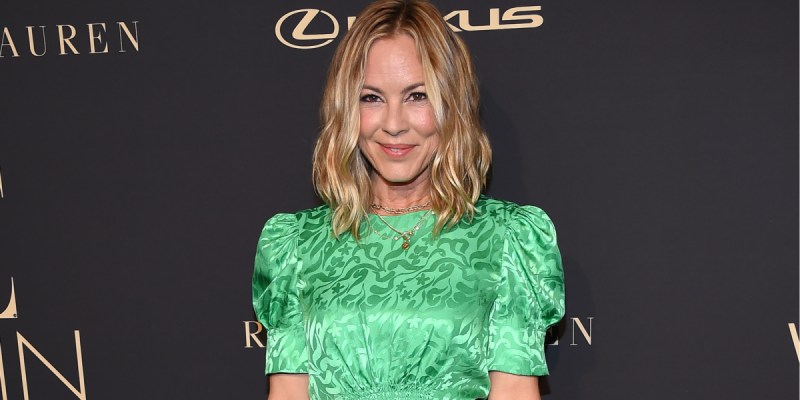
46-year old actress and activist Maria Bello had a soul-searching moment reading old journals in her garden, which she described for a New York Times‘ Modern Love column in December 2013, when she realized that her long-time best friend, Claire Munn, was somebody she could love romantically. “What had I been waiting for all of these years?” Bello wondered. “She is the person I like being with the most, the one with whom I am most myself.” Bello described her new “modern family” in “Modern Love” which included a close friendship with her ex, TV Executive Dan McDermott, who is the father of her son. In 2019, she got engaged to French chef Dominique Crenn, the only female chef in the U.S. to attain three Michelin stars.
10. Niecy Nash
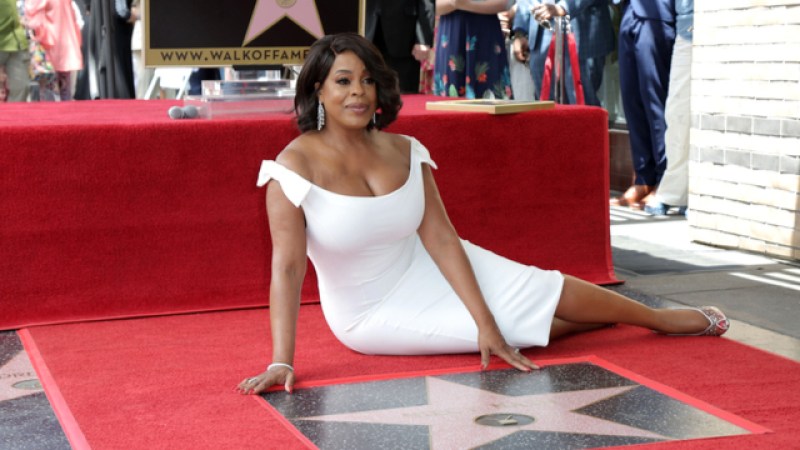
“I was not suppressing my sexuality my whole life. I love who I love. At one point in my life, I married twice and I love those people. And today I love this person. I’ve done everything I wanted to do on my own terms and my own way. So my choice now in a partner has nothing to do with who I’ve always been. It’s a matter of who I am in this moment.”
2020’s sole highlight was 49-year-old actress / comic / TV host Niecy Nash marrying Jessica Betts, who she’d been friends with since 2015, when she was still married to her now-ex Jay Tucker. About 4.5 years into their friendship, after her divorce from Tucker, they went out to eat crabs and she realized over shellfish that she had stronger feelings for Betts. “I loved her before I was in love with her because she is such a special human being. But we began to see each other in a way we never had before.” Nash has chosen not to label herself, but is proud to call Betts her hersband.
11. Elizabeth Gilbert
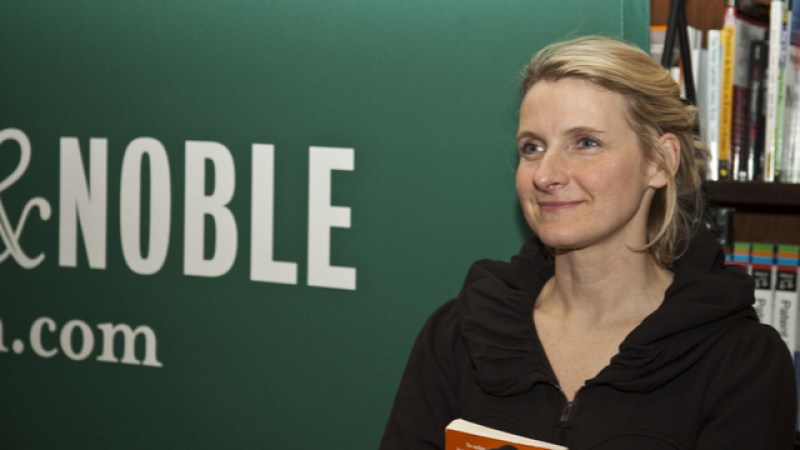
Novelist and journalist Elizabeth Gilbert came out on Facebook in 2016 at the age of 47, announcing that she was in love with and in a relationship with her best friend of 15 years, Rayya Ellis, having realized her feelings for Elias following Elias’s terminal cancer diagnosis. They had a commitment ceremony prior to Ellis’s passing in 2018.
12. Glennon Doyle
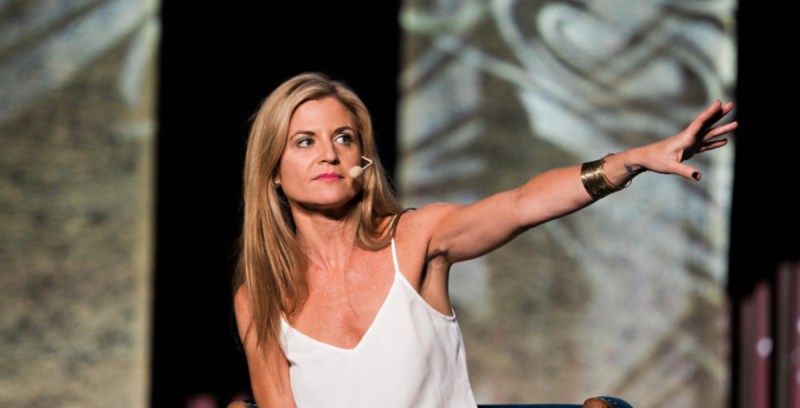
“…what if I demand freedom not because I was ‘born this way’ and ‘can’t help it’ but because I can do whatever I choose to do with my love and my body.”
Author and activist Glennon Doyle met soccer player Abby Wambach in November 2016 while Doyle was on a book tour, and still married to her now ex-husband, Craig. She and Wambach got together, shacked up and got married more or less immediately, and they’re still going strong!
13. Lauren Morelli
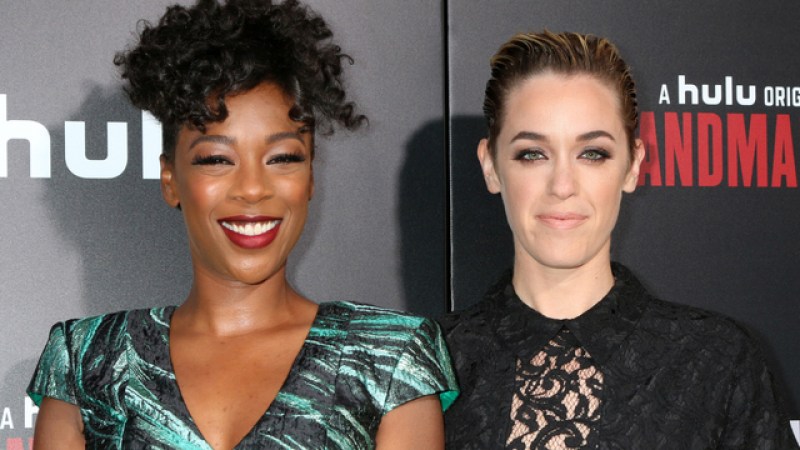
Despite “being 31 years old, having lived in extremely liberal cities for 13 years of my life and considering myself an educated individual,” screenwriter/director Lauren Morelli didn’t realize she was gay until her first season as a writer on Orange is the New Black. She recalls feeling like “if I was really gay, I would have known when I was younger. There was a prescribed narrative, and everything about my own story challenged the accepted one.” She is now happily married to our beloved Samira Wiley.
14. Stacy London
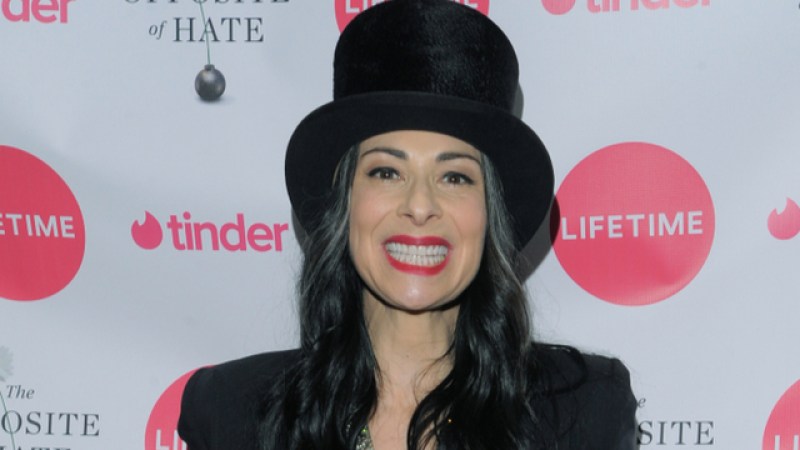
In 2020, former “What Not to Wear” co-host and current “fashion maven” Stacy London announced that she is in a relationship with musician Cat Yezbak, and that it was her first serious relationship with a woman. “So I used to date men,” she said in her Instagram post about the relationship. “Now I date her. That’s it. That’s all I have to say. Happy New Year to each and every one of you.”






